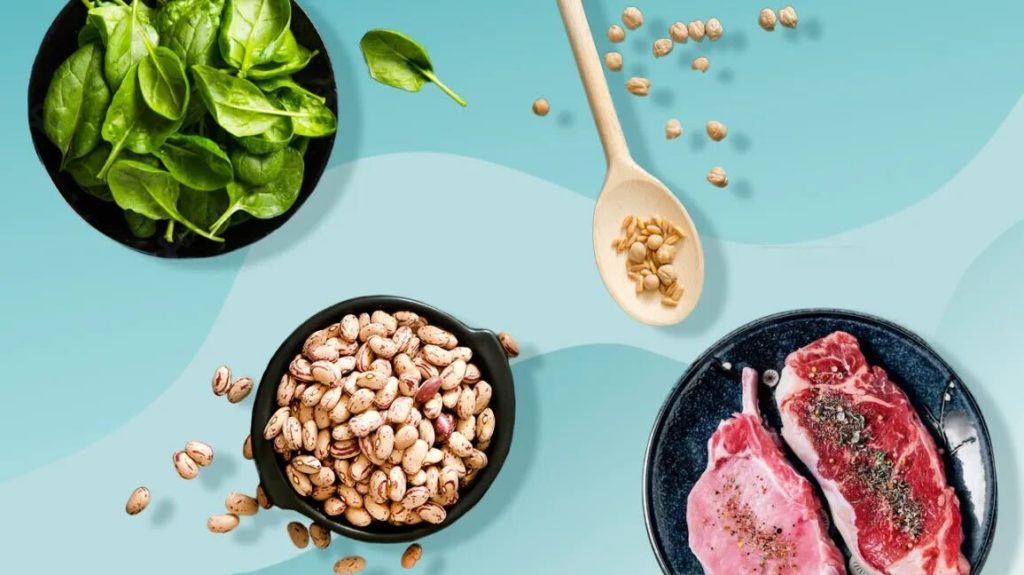When it comes to our daily diet, one of the essential nutrients our body needs is protein. It plays a pivotal role in building and repairing tissues, producing enzymes and hormones, and maintaining healthy bones, muscles, and skin. With the rising popularity of various diets, a common question often arises: is animal-based protein better than plant-based protein?
Understanding Proteins: Proteins are composed of building blocks called amino acids. Out of the 20 amino acids, nine are considered essential because our bodies cannot produce them, and we must obtain them from our diet. Both animal and plant proteins are sources of these essential amino acids, but they vary in their combinations and concentrations.

Animal-Based Protein: Animal proteins, such as meat, fish, eggs, and dairy products, are considered complete proteins because they contain all nine essential amino acids in sufficient quantities. Besides, they are also high in vitamin B12 and heme-iron, which are typically low in plant-based diets.
However, it’s essential to consider that some sources of animal protein, particularly red and processed meats, are associated with health risks. High consumption of these meats has been linked to increased rates of heart disease, certain types of cancer, and other health problems, primarily due to their high saturated fat and cholesterol content.
Plant-Based Protein: Plant-based proteins come from foods like beans, lentils, nuts, seeds, and whole grains. Most plant proteins are considered ‘incomplete’ as they usually lack one or more of the essential amino acids. However, by consuming a variety of plant-based protein sources, one can easily obtain all the essential amino acids.
ADVERTISEMENT
ADVERTISEMENTKate Spade Autumn/Winter Sale |
Plant-based diets are often rich in fiber, antioxidants, and other phytochemicals, which offer various health benefits. They have been linked to lower risks of heart disease, high blood pressure, diabetes, and obesity. However, it can be a challenge to get some nutrients, like vitamin B12 and heme-iron, from plants, so those following a strictly plant-based diet need to plan appropriately.
The Bottom Line: Determining whether animal protein is better than plant protein is not a straightforward process. Both offer their unique benefits and challenges. It’s less about choosing one over the other and more about creating a balanced diet that incorporates a variety of protein sources.
A growing body of evidence suggests that a diet high in plant-based foods and low to moderate in animal products can be beneficial for health. However, individual nutritional needs can vary widely, so it’s essential to consider personal health goals, dietary preferences, and lifestyle when choosing protein sources.
Whether you opt for animal or plant proteins, aim for variety and balance in your diet. And remember, quality matters. Choose lean meats, fish, and dairy for animal proteins, and focus on whole, minimally processed plant proteins for the best health outcomes.
In the end, it’s always a good idea to consult with a dietitian or healthcare provider to help navigate these choices and create a diet plan that works best for your unique needs.
ADVERTISEMENT
ADVERTISEMENTUp to 30% off Gift Sets |




